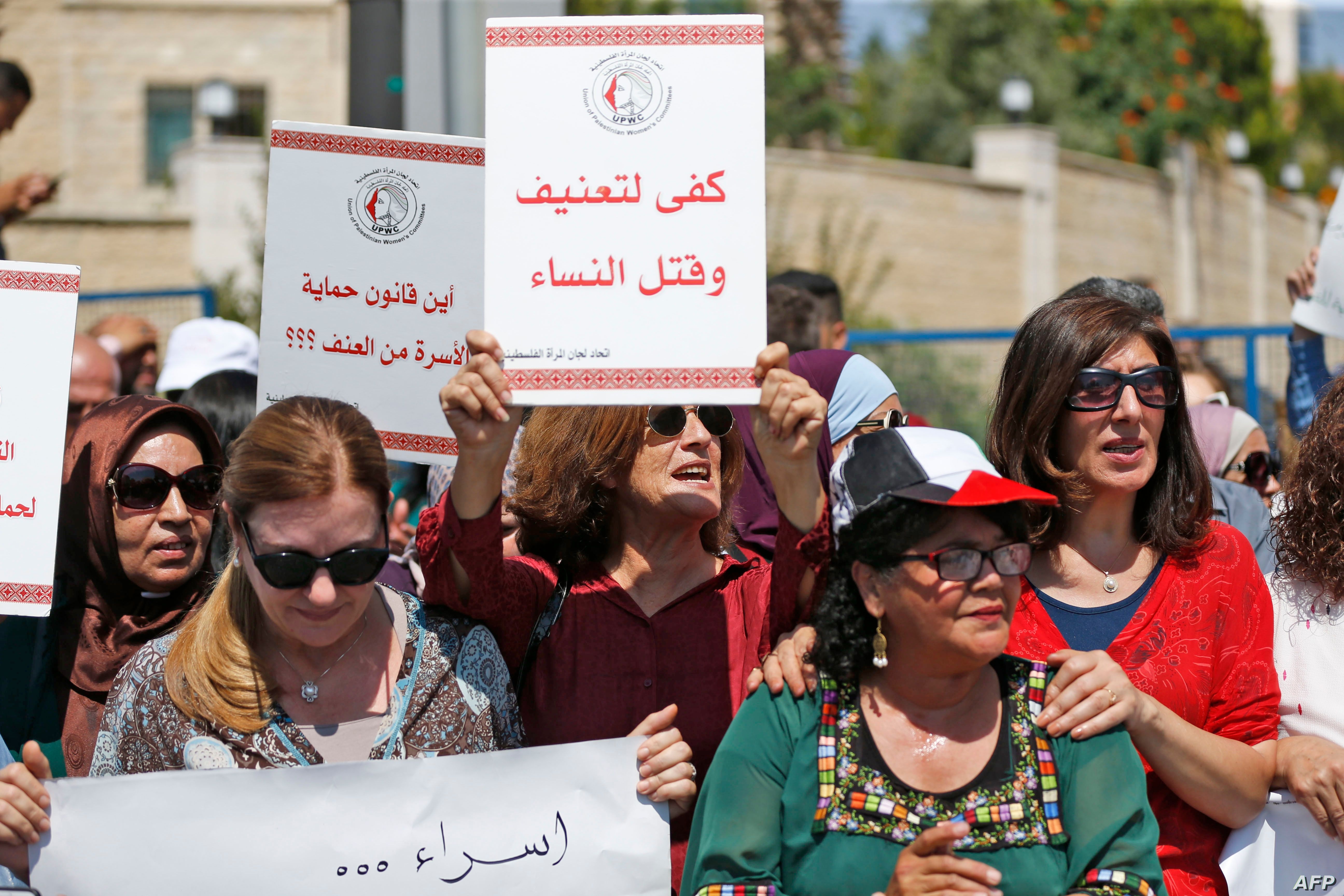When it comes to Palestine, all agency is removed from those at the center of the issue and replaced by talk of the ongoing Israeli-Palestinian conflict. Sadly, human rights appear to be nothing more than a pawn in such ill-informed, toxic debates on “Israel versus Palestine.”
But enough is enough. It is time to take off these conflict-fuelled glasses. We must respect the dignity and human rights of everyone – including all Palestinians – both in and outside the conflict.
In Gaza and the West Bank, human rights abuses continue to plague communities young and old. Most recently, on August 29, the 21-year-old Israa Ghrayeb died at the hands of her family in Bethlehem. The tragic case shocked the Arab world.
First suspected of being an honor-related death, statements made by Israa’s family instead alleged her death was the result of a supposed exorcism. It has now been confirmed that Israa died because of injuries inflicted on her by her family.
The head of the governorate, Mohamed Ishtaya, vowed to take action to support women across the region, publicly acknowledging that “we must strengthen the system of protecting Palestinian women.”
Violence Against Women in Palestinian Territories
Across the Palestinian territories, domestic and honor-based violence continue to violate the rights of women and girls. Inside the West Bank, almost 30 percent of ever-married women have faced domestic violence in their own household in 2011 – rising to a staggering 51 percent in Gaza.
In 2013, 27 women were thought to have been killed in the West Bank and Gaza Strip by family members claiming reasons of “honor.” That’s more than double the amount of the 13 cases documented in the previous year.
Despite an apparent dip in cases in 2014 and a lack of data thereafter, it’s been claimed that there has been an upward trend over the last decade. In 2016, 23 Palestinian women and girls were killed, according to Palestinian NGO Women’s Center for Legal Aid and Counselling. A further 29 cases arose in 2017 and concerned the suspected involvement of family members.
A life-threatening critical – yet often ignored – issue which women across Palestine face today is the lack of legal protection to safeguard their rights. The murders of women in Palestinian society have possibly been increasing because of a lack of legal mechanisms to protect them.
Protests Across Arab World
Since news of Israa’s death broke out, activists and young people across the Arab world have taken to social media to share their anger. The hashtag #WeAreIsraaGhrayeb has gone viral across Twitter, Facebook, and Instagram and is now being used by activists in Jordan, Lebanon, Egypt, and across the Palestinian territories.
On September 4, in Al-Bireh in the West Bank, protests called for greater protection for Palestinian women. With slogans like “Our blood is not cheap,” both men and women marched the streets calling for legal reform to protect women’s rights and security.
Across the region, for many more women like Israa, the challenges remain.
Reporting on West Bank and Gaza
While activists across the Arab world have taken to the streets and social media to share their outrage and to push for reform, the lack of a global call on the Palestinian Authority to ensure greater protection of women is disappointing but not at all surprising.
Sadly, when it comes to reporting on the West Bank and Gaza, media coverage is often selective and simply conflict-laden.
Amidst what is an ongoing complex conflict, internal social and cultural issues within the Palestinian territories must be addressed. In the West Bank itself, the police recently issued alarming statements claiming that Israa’s case was “fake news” spread from Israel and the United States to ruin Palestine’s image.
Such attempts to shift the blame are not uncommon. For activists and professionals concerned about human rights, ongoing excuses remain. For example, the director of the Palestinian-based family planning and protection association ADWAR often pushes for legal change to improve women’s rights, making frequent requests directly to the president. She is met with the response that “this is not our priority right now, our priorities are Fatah, Hamas, and statehood.”
Evidently, when it comes to Palestine, any discussion on the region is by default centered around the ongoing conflict, removing all agency from the people at the center of the conflict. On the ground, this is critically affecting the lives of countless Palestinians.
Now is the time to take off the “conflict-fuelled” glasses. It’s naive, disingenuous, and dangerous to only talk about the conflict. The Palestinian Authority and Hamas must start taking responsibility. Reform must be created, and respect must be sustained for the autonomy and rights of each and every Palestinian as more than tokens in an ongoing conflict.
Rest in peace, dear Israa.



